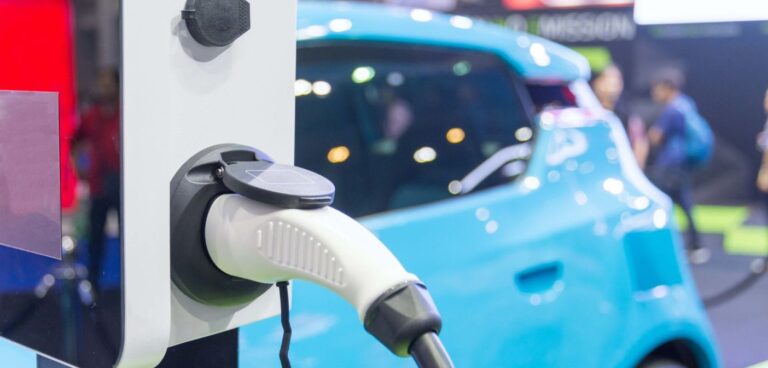Western Power Distribution (WPD) and Ricardo Energy and Environment have confirmed the site for its DC Share project, which will trial a new method to help deliver an estimated 217,000 EV chargers in urban spaces across the Midlands, South Wales and South West by 2023.
If expanded across other electricity networks in the UK, DC Share’s technology could save customers across the UK an estimated £162m in network reinforcement costs by 2050. These savings will be made as a result of network providers not needing to invest millions into new infrastructure, as they harness existing substations and capacity.
The DC Share project, which has received over £4.7m in funding through Ofgem’s Network Innovation Competition, will test a new method of pooling extra network capacity from several local substations. This will enable low carbon infrastructure, such as EV charge points or battery energy storage, to be quickly connected without the need for expensive network reinforcement.
DC Share’s approach will be particularly useful in dense urban communities, where the adoption of low carbon technologies can be slowed by constraints and a lack of available space for building a larger network of substations, said Ricardo.
The trial in Taunton, Somerset, which will be led by Ricardo Energy and Environment, will use smart DC meshing technology to link four local substations from across the town centre, sharing their unused capacity to power 15 EV chargers. This will include five 100kW rapid chargers able to fully recharge the average EV in around 30 minutes. Taunton was selected due to site suitability and the proactive engagement of the council, said Ricardo.
Following the site confirmation, work will now begin preparing the local plans for the EV charge stations in central Taunton. With building work scheduled throughout 2021, the charge points are due to open late next year. Throughout the trial, local residents will receive 12 months of free charging. Following the conclusion of the DC Share project, the EV charge stations will be passed onto a local service provider so that visitors and residents can continue to use the service.
If successful, DC Share technology could be rolled out across WPD’s network to enable rapid installation of EV charging in towns and cities. With a high proportion of WPD’s 7.8 million customers living in highly built-up towns and cities, this technology will ensure that network constraints will not limit or delay customers’ access to ultra-low emission transport, renewable generation, and local energy storage.
By reducing the need for network reinforcement, the DC Share approach could also help keep customer bills down, with initial savings from implementing the technology reportedly rising from £50m in 2030 to an estimated £162m a year in 2050, across the UK.
Ricky Duke, WPD innovation and low carbon network engineer and DC Share project lead, said: “Today’s confirmation of Taunton as the DC Share project site is an important step to securing the massive savings and decarbonisation benefits that DC meshing technology could bring to the UK.
“DC Share is a win-win: this technology will allow us to rapidly decarbonise transport by making smarter use of existing infrastructure. That means less carbon emissions, while reducing the need for expensive infrastructure and network reinforcements in urban communities.”





